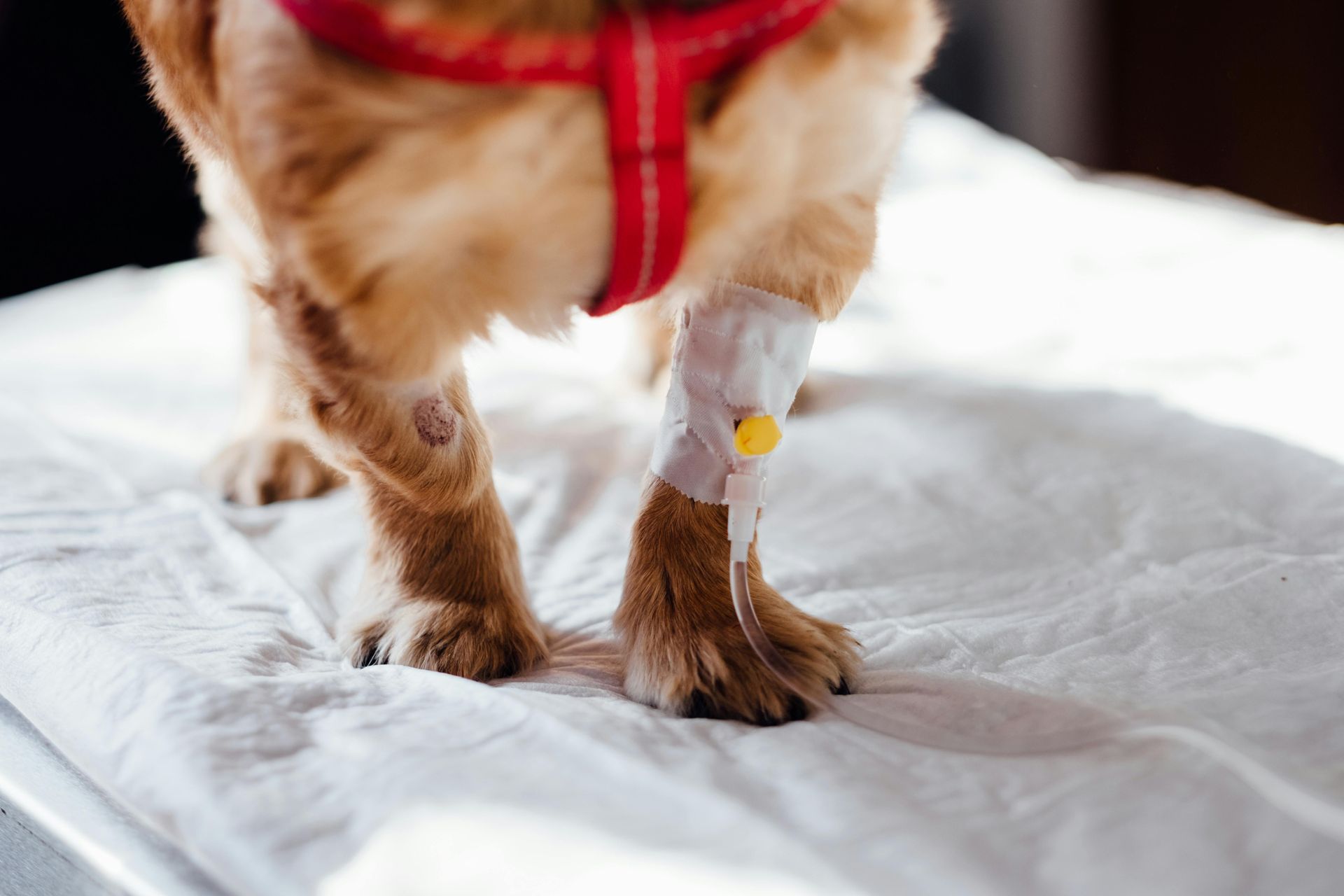Pet Insurance
Pet insurance is becoming more and more popular in Australia. It offers you peace of mind as it covers some or all of the treatment costs if your pet gets involved in an accident or suffers a sudden illness. There is no equivalent of Medicare for pets, so treatment costs can exceed out-of-pocket expenses for a similar condition in a human.
Did you know that 24 hour emergency and critical care for animals can cost over $1,000 per day?
Some surgeries such as repair of fractured bones or exploratory surgery can also add up to thousands of dollars and that’s before including recovery and aftercare treatment. It is a heartbreaking situation to have to choose between the health of your pet and financial constraints, so for peace of mind we strongly recommend that your pet is insured.
There are several companies that offer pet insurance and we can help you find one that best suits your needs and your pet.
What does pet insurance cover?
Individual packages vary in the type of treatment covered. However, they usually include most accidents and unexpected illnesses. You need to consider the differences between policies, in particular the claim excess amount, proportion of treatment costs covered, annual claim limit, age restrictions, pre-existing illness exclusions and policy costs. The best time to think about insurance for your dog or cat is when they are young and healthy (puppy, kitten or young adult). Every pet is prone to certain types of illnesses and injuries in each stage of life.
Here at Westbrook Veterinary Surgery, we are an accepted partner of Trupanion, which means we can be paid directly at time of visit.
We highly recommend pet insurance and encourage you to discuss it with us at your next visit.











